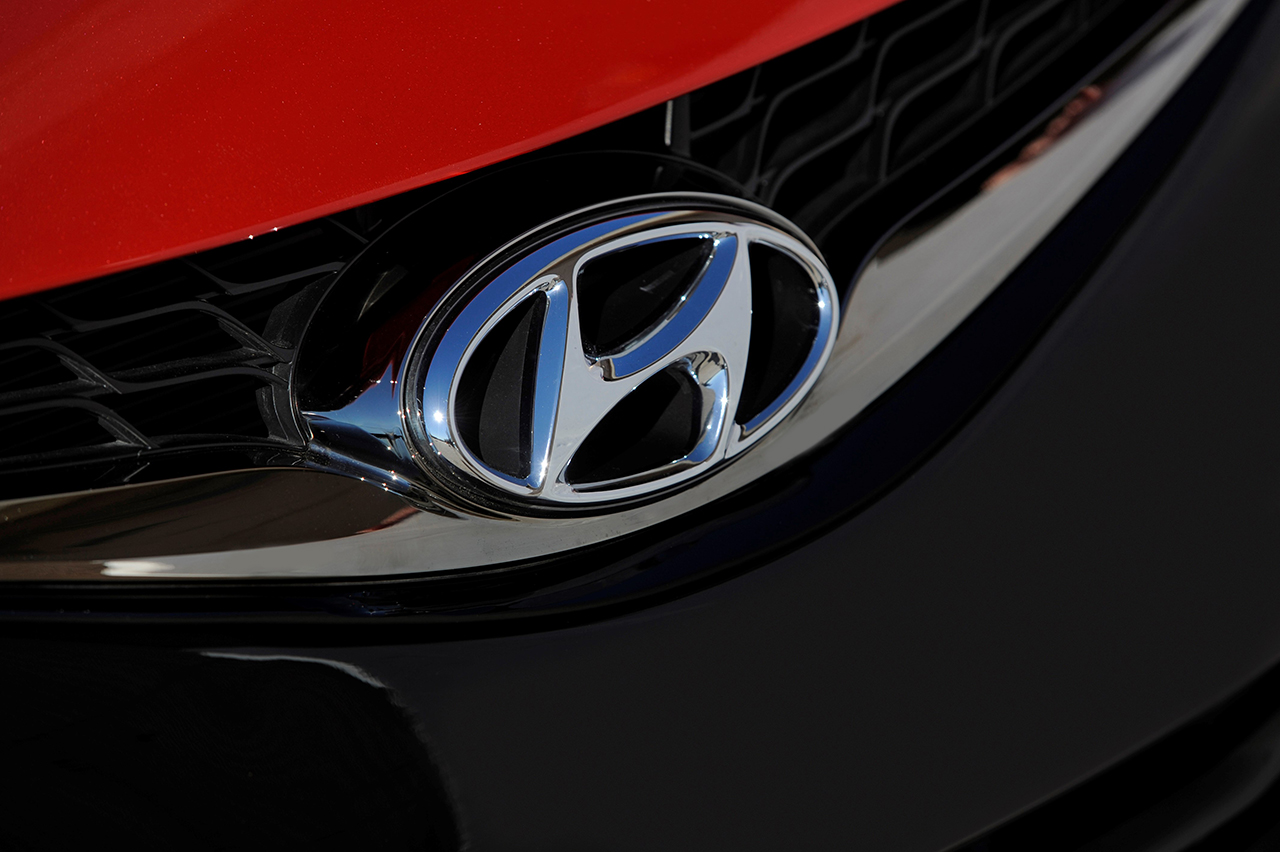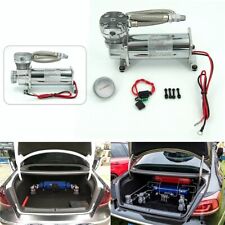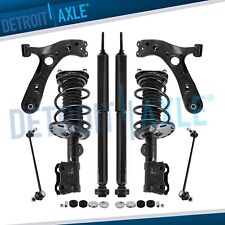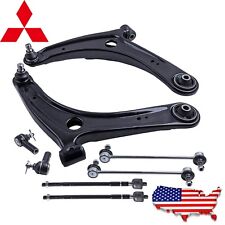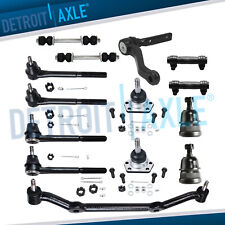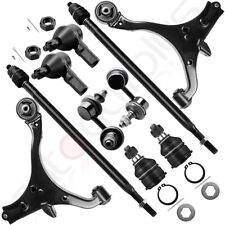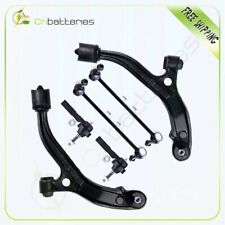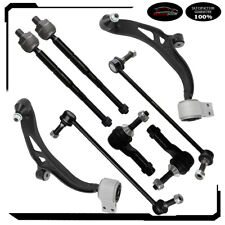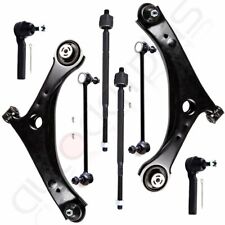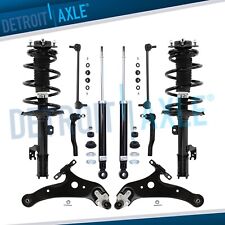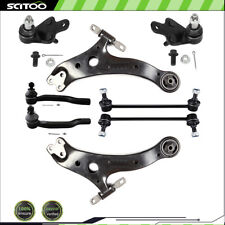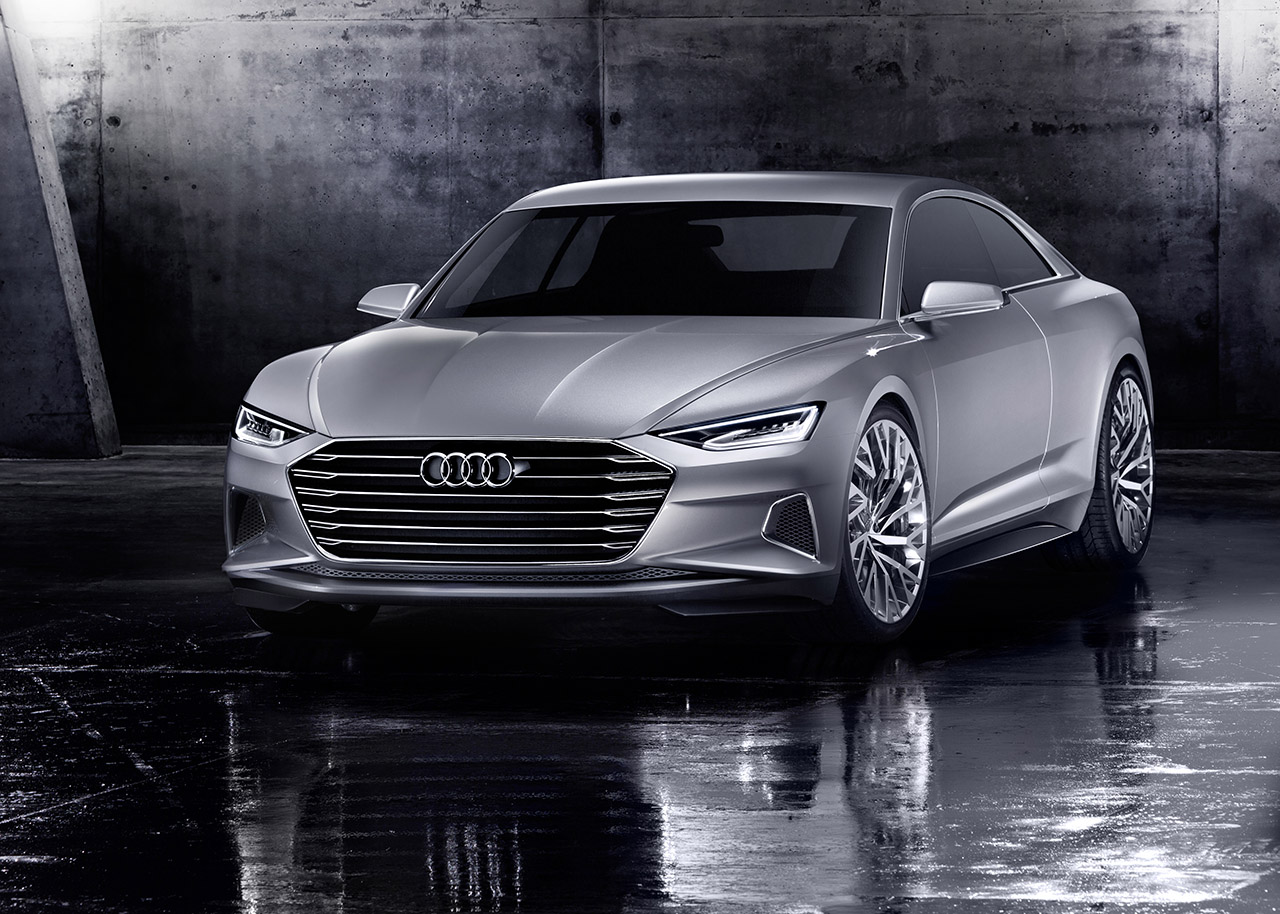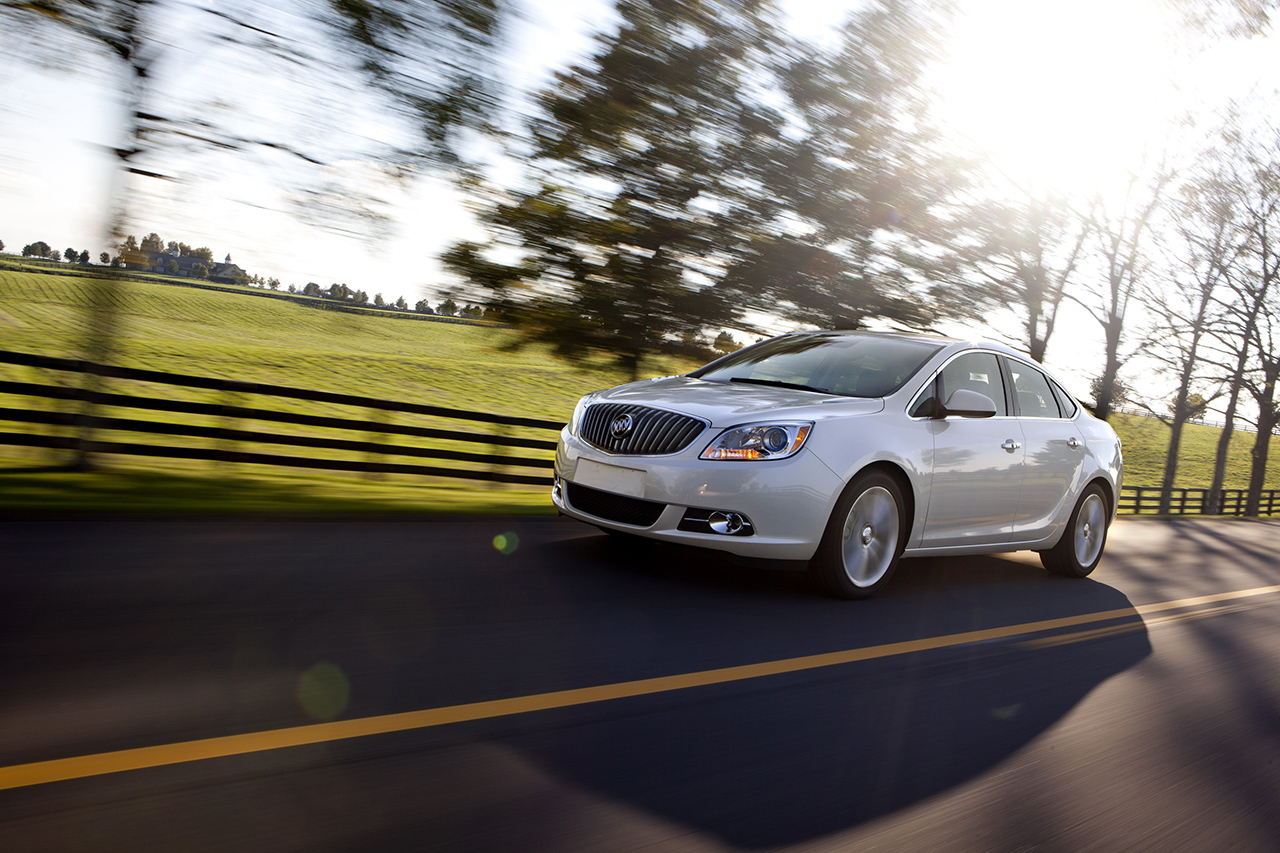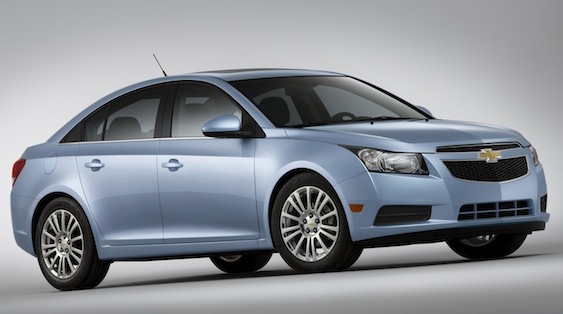Hyunda and Kia are in deep waters over inaccurate fuel economy figures, fined $300M
Hyundai and Kia were recently under scrutiny over false and misleading fuel economy figures and were unfortunately found guilty. As a result, both Hyundai and Kia are being fined $300 million by the Environmental Protection Agency, the Department of Justice, and the California Air Resources Board for Clean Air Act violations. This is in regards to overstating fuel economy figures for 1.2 million vehicles between 2011-2013.
The $300 million in fines is broken down by $100 million in civil penalties, the largest type of fine in the EPA’s history, while Hyundai specifically pays $56.8 million and Kia coughs up $43,2 million.
For full details of the settlement, check out the press release after the jump.
HYUNDAI RESOLVES U.S. EPA INVESTIGATION OF 2012 FUEL ECONOMY RATINGS RESTATEMENT
Automaker’s New Fuel Economy Testing Program Approved by EPA in October 2012
FOUNTAIN VALLEY, Calif., Nov. 3, 2014 – Hyundai today announced that it has entered into an agreement with the U.S. Environmental Protection Agency (EPA) and California Air Resources Board (CARB) to resolve the government’s investigation of its 2012 restatement of fuel economy ratings. The adjustment affected approximately one-quarter of Hyundai 2011-13 model year vehicles, reducing their combined city/highway fuel economy by 1-2 miles per gallon (mpg). As part of the agreement, Hyundai will pay a $56.8 million civil penalty, forgo the use of approximately 2.7 million greenhouse gas (GHG) emission credits – the credits representing the difference between original and restated emission data – and continue to implement a series of measures including the formation of an independent certification test group to oversee the automaker’s fuel economy testing, training, data management and reporting. Additionally, Hyundai will continue to audit model year 2015-16 vehicles to confirm the accuracy of their fuel economy ratings.
“Hyundai has acted transparently, reimbursed affected customers and fully cooperated with the EPA throughout the course of its investigation,” said David Zuchowski, president and CEO of Hyundai Motor America. “We are pleased to put this behind us, and gratified that even with our adjusted fuel economy ratings, Hyundai continues to lead the automotive industry in fuel efficiency and environmental performance.”
According to the EPA Fuel Economy Trends Report, Hyundai’s adjusted fuel economy ratings are 27.2 mpg for 2011, 28.3 mpg for 2012 and 29.0 mpg for 2013 model year vehicles. Similarly, the Union of Concerned Scientists recently named Hyundai the “Greenest Automaker” for the 2013 model year based on emissions of nitrogen oxide, non-methane organic gas and CO2.
Importantly, Hyundai believes its process for testing the fuel economy of its vehicles is consistent with government regulations and guidance, which afford broad latitude to vehicle manufacturers in determining test conditions. Outside of a data processing error related to the coastdown testing method by which Hyundai calculated resistance or “road load,” it was Hyundai’s regulatory interpretation within this broad latitude that was responsible for the ratings restatement. Hyundai has corrected the error, and the EPA in October 2012 approved the automaker’s new fuel economy testing program.
Over the past 30 years, the EPA has acknowledged the variability of its coastdown testing, and currently is working to develop new guidance for the industry in order to improve its precision, repeatability and accuracy.
“Hyundai is committed to partnering with the government to innovate fuel economy testing procedures in order to achieve more accurate and reliable ‘real-world’ results for consumers,” said Zuchowski.
There is no environmental impact resulting from Hyundai’s fuel economy ratings restatement, and the automaker will continue to hold a surplus of GHG credits – approximately 20 million – following implementation of today’s settlement. To compensate the national program to reduce GHG emissions and improve fuel economy, Hyundai will amend the GHG reports it submitted to the EPA before understanding that its interpretation of industry test procedures differed from the government’s reading of the same procedures.
About Hyundai’s Fuel Economy Restatement and Customer Reimbursement Program
On November 2, 2012, Hyundai announced the voluntary adjustment of fuel economy ratings for approximately one-quarter of its 2011-13 model year vehicles, reducing their combined city/highway fuel economy by 1-2 miles per gallon, and relabeled affected vehicles still in dealer showrooms. In order to compensate affected customers, Hyundai provided a lifetime reimbursement program to cover the additional fuel costs associated with the rating change plus a 15 percent premium in acknowledgement of the inconvenience. The majority of customers affected by the ratings restatement enrolled in the automaker’s reimbursement program and are being compensated based on their actual mileage and the fuel costs for the region in which they live. While customers responded favorably to the reimbursement program, Hyundai through a recent class action settlement offered the option of a single lump sum cash payment for those customers who would rather not return to a dealership to have their mileage verified. So, through either the one-time lump sum payment or original lifetime reimbursement program, customers have the option of being made fully whole for Hyundai’s ratings restatement.
HYUNDAI MOTOR AMERICA
Hyundai Motor America, headquartered in Fountain Valley, Calif., is a subsidiary of Hyundai Motor Co. of Korea. Hyundai vehicles are distributed throughout the United States by Hyundai Motor America and are sold and serviced through more than 820 dealerships nationwide. All Hyundai vehicles sold in the U.S. are covered by the Hyundai Assurance program, which includes the 5-year/60,000-mile fully transferable new vehicle limited warranty, Hyundai’s 10-year/100,000-mile powertrain limited warranty and five years of complimentary Roadside Assistance. Hyundai Blue Link Connected Care provides owners of Hyundai models equipped with the Blue Link telematics system with proactive safety and car care services complimentary for one year with enrollment. These services include Automatic Collision Notification, Enhanced Roadside Assistance, Vehicle Diagnostic Alert, Monthly Vehicle Health Report and in-vehicle service scheduling.For more details on Hyundai Assurance, please visit www.HyundaiAssurance.com
Please visit our media website at www.hyundainews.com and our blog at www.hyundailikesunday.com
Hyundai Motor America on Twitter | YouTube | Facebook
###
KIA MOTORS AMERICA STATEMENT REGARDING THE U.S. ENVIRONMENTAL PROTECTION AGENCY (EPA) SETTLEMENT AGREEMENT
“Kia Motors is a responsible company, and the agreement with the U.S. Environmental Protection Agency is the result of good-faith efforts among the parties to resolve our issues. We are pleased to have this matter behind us, and our priority remains making things right for our customers through our fair and transparent reimbursement program which remains in effect and unchanged by this settlement. Please visit www.KiaMPGinfo.com for the latest information.”
###
United States Reaches Settlement with Hyundai and Kia in Historic Greenhouse Gas Enforcement Case
Hyundai and Kia to pay record $100 million penalty for selling vehicles that emit more greenhouse gases than automakers certified to EPA
Washington – The U.S. Environmental Protection Agency (EPA) and the U.S. Department of Justice today announced an historic settlement with the automakers Hyundai and Kia that will resolve alleged Clean Air Act violations based on their sale of close to 1.2 million vehicles that will emit approximately 4.75 million metric tons of greenhouse gases in excess of what the automakers certified to EPA.
The automakers will pay a $100 million civil penalty, the largest in Clean Air Act history, to resolve violations concerning the testing and certification of vehicles sold in America and spend approximately $50 million on measures to prevent any future violations. Hyundai and Kia will also forfeit 4.75 million greenhouse gas emission credits that the companies previously claimed, which are estimated to be worth over $200 million. Automakers earn greenhouse gas emissions credits for building vehicles with lower emissions than required by law. These credits can be used to offset emissions from less fuel-efficient vehicle models or sold or traded to other automakers for the same purpose. The greenhouse gas emissions that the forfeited credits would have allowed are equal to the emissions from powering more than 433,000 homes for a year.
“Greenhouse gas emission laws protect the public from the dangers of climate change, and today’s action reinforces EPA’s commitment to see those laws through,” said EPA Administrator Gina McCarthy. “Businesses that play by the rules shouldn’t have to compete with those breaking the law. This settlement upholds the integrity of the nation’s fuel economy and greenhouse gas programs and supports all Americans who want to save fuel costs and reduce their environmental impact.”
“This unprecedented resolution with Hyundai and Kia underscores the Justice Department’s firm commitment to safeguarding American consumers, ensuring fairness in every marketplace, protecting the environment, and relentlessly pursuing companies that make misrepresentations and violate the law,” said Attorney General Eric Holder. “This type of conduct quite simply will not be tolerated. And the Justice Department will never rest or waver in our determination to take action against any company that engages in such activities – whenever and wherever they are uncovered.”
The complaint was filed today jointly by the United States and the California Air Resources Board in the U.S. District Court for the District of Columbia. It alleges that the car companies sold close to 1.2 million cars and SUVs from model years 2012 and 2013 whose design specifications did not conform to the specifications the companies certified to EPA, which led to the misstatements of greenhouse gas emissions. These allegations concern the Hyundai Accent, Elantra, Veloster and Santa Fe vehicles and the Kia Rio and Soul vehicles.
Additionally Hyundai and Kia gave consumers inaccurate information about the real-world fuel economy performance of many of these vehicles. Hyundai and Kia overstated the fuel economy by one to six miles per gallon, depending on the vehicle. Similarly, they understated the emissions of greenhouse gases by their fleets by approximately 4.75 million metric tons over the estimated lifetime of the vehicles.
In order to reduce the likelihood of future vehicle greenhouse gas emission miscalculations, Hyundai and Kia have agreed to reorganize their emissions certification group, revise test protocols, improve management of test data and enhance employee training before they conduct emissions testing to certify their model year 2017 vehicles. In the meantime, Hyundai and Kia must audit their fleets for model years 2015 and 2016 to ensure that vehicles sold to the public conform to the description and data provided to EPA.
EPA discovered these violations in 2012 during audit testing. Subsequent investigation revealed that Hyundai’s and Kia’s testing protocol included numerous elements that led to inaccurately higher fuel economy ratings. In processing test data, Hyundai and Kia allegedly chose favorable results rather than average results from a large number of tests.
In November 2012, Hyundai and Kia responded to EPA’s findings by correcting the fuel economy ratings for many of their 2011, 2012 and 2013 model year vehicles and establishing a reimbursement program to compensate owners for increased fuel costs due to overstated fuel economy.
This case involves five different entities: Hyundai Motor Company, Hyundai Motor America, Kia Motors Corporation, Kia Motors America, and Hyundai America Technical Center, Inc.
The California Air Resources Board joined the United States as a co-plaintiff in this settlement, and will receive $6,343,400 of the $100 million civil penalty. The proposed consent decree is subject to a 30-day public comment period and court review and approval. A copy of the consent decree is available on the Department of Justice website at http://www.justice.gov/enrd/Consent_Decrees.html.
For more information on today’s settlement, go to: http://www2.epa.gov/enforcement/hyundai-and-kia-clean-air-act-settlement.
For more information on Hyundai and Kia’s 2012 relabeling, go to: http://epa.gov/fueleconomy/labelchange.htm/
###

